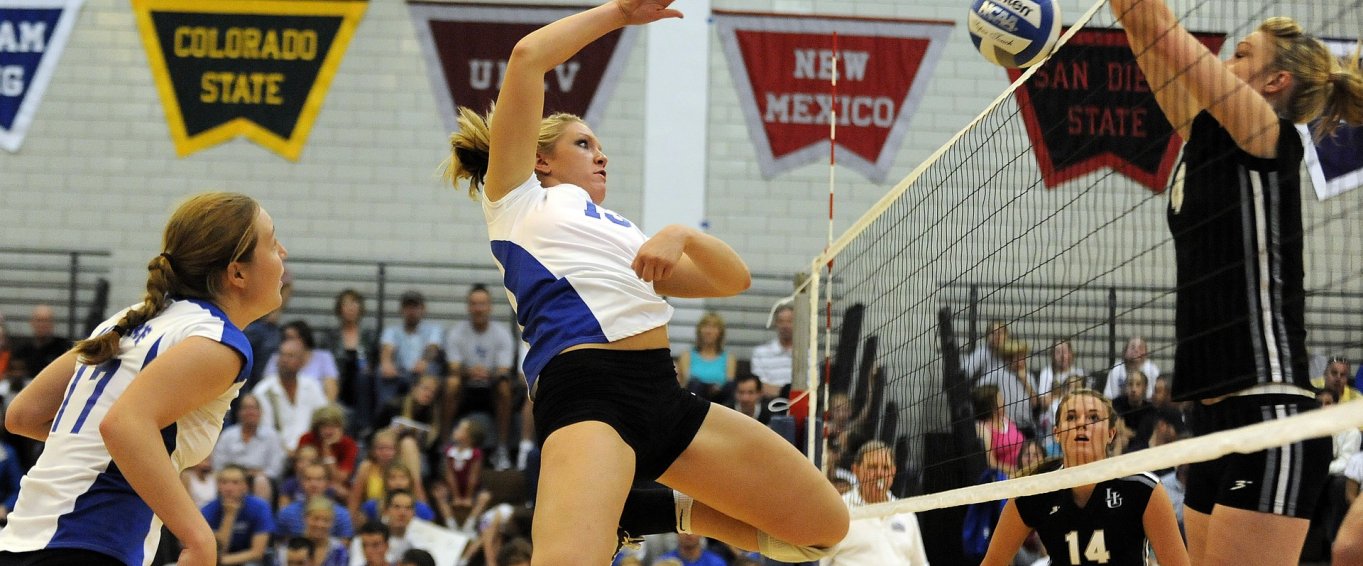DofE Tells Schools 'Spending More on Boy's Sport Is Unlawful'

At Amaven, we're in the business of bright futures. Whether you're male, female, short, tall, small or extra large, we want to see the best version of you.
So, for a long time, we've lamented the stark gender divide between girls and boys sport. Having seen, first hand, the amazing things physical activity can do for young people, it's frustrating to know female participation still languishes.
In 2017, it was revealed a mere 56% of girls enjoy taking part in PE lessons, compared with 71% of boys. Sports Wales says 69% of girls now play sport outside school hours at least once per week. It's a figure that has soared in recent years, but it's still behind the boys (74%). The gap is closing, but it's going to take more effort from policymakers to abolish it for good.
Shattering the Gender Divide in School Sports
It's why we're thrilled the Department for Education has decided sports funding in schools must be equal for boys and girls. In a report on gender separation in mixed schools, DofE makes it clear that sports spending, now and in the future, is to be fairly distributed or considered unlawful. It's a big move and one that could have a transformative effect on female participation, mentoring and competition.
The new policy does not outlaw single sex sports clubs or teams.
However, it does mean schools cannot spend more money on boy's activities than girl's, regardless of whether boy's teams are more popular or successful. They must ensure girls get the same access to all school activities. They must not deny female pupils the opportunity to join or start teams, particularly if male teams already exist.
Why the Evidence Shows Equality Is a Winner
Supporters of the move compare it to Title IX, a landmark gender equality policy that transformed women's sport in the US. In 1972, Title IX forced public schools to offer both sexes the same athletic opportunities. Since then, the number of girls playing sport in secondary school has increased from 300,000 to 3.1 million. The hope is that female sport in the UK will follow a similar path.
Only time will tell, of course. Already, there are big questions about monitoring and enforcement. Some say it's illogical to tell schools how to spend in the middle of a funding crisis. Director of Women's Football at the FA, Sue Campbell, thinks it's a positive policy but one that will only work if backed with government money. She says schools are working in challenging times and that 'half of nothing is still nothing.'
As always, we'll be keeping a close eye on developments. The decision is likely to affect PE and Sport Premium spending. Earlier in the year, DofE confirmed plans to award £16,000 per school in 2018 and 2019.
If you need advice on planning or evidencing your spend, read our blogs on using Impact Reports and getting the most out of your premium.